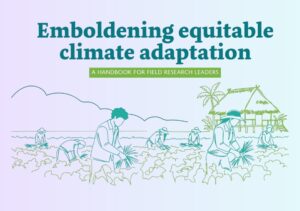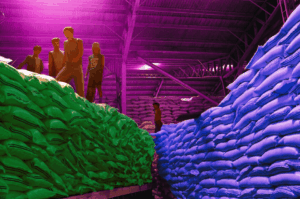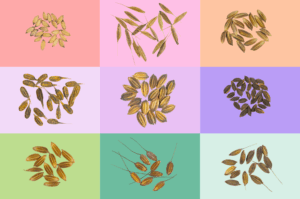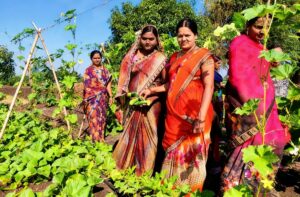The EU Directorate General for Agriculture and Rural Development and US Agriculture Department announced the formation of of a transatlantic collaboration platform on agriculture for tackling global challenges of sustainability and climate change.
The platform will faciliate the exchange knowledge and information and promote mutual understanding to enhance global sustainable production, alleviate poverty and hunger, protect the environment, and confront climate change.
Read the full story at The Fence Post
More on agricultural cooperation on climate change and sustainability
Nestlé Indonesia and IRRI team up to reduce carbon emissions on Indonesian rice production
Nestlé Indonesia recently inked a partnership with the International Rice Research Institute (IRRI), a member of the CGIAR , which will provide technical expertise in the monitoring and reduction of rice production-related emissions.
DIRECTION-Zero C, the collaborative project of Nestlé Indonesia and IRRI, focuses on reducing carbon emissions of rice production in the country through precision nutrient management and sustainable water management. The project will employ several innovations and digital tools developed by IRRI and partners. Among these are Crop Manager for Rice-based Systems for site-specific nutrient management; a water management system called Alternate Wetting and Drying (AWD); and Internet of Things-based AutoMon, which enables information sharing for irrigation scheduling, real-time monitoring, and reporting.
CGIAR Research Pays Off: New Report Finds 10 Times Return on Investment
Investments in CGIAR research generate returns of 10 times the amount invested, a new report has found. The report, commissioned by the Supporters of Agricultural Research (SoAR) Foundation, found a 10 to 1 benefit-cost ratio on CGIAR investments of $60 billion in present value terms over almost five decades.
Titled The Payoff to Investing in CGIAR Research, the report was co-authored by Julian M. Alston at the University of California, Davis; Philip G. Pardey at the University of Minnesota; and Xudong Rao at North Dakota State University.
FtF Bangladesh, IRRI, and partner seed companies discuss work plan to update private-sector breeding technologies
Feed the Future (FtF) Bangladesh, the International Rice Research Institute (IRRI), and partner seed companies discussed research activities for 2022 to strengthen private-sector breeding programs through modern technologies. The preliminary plan was formulated during the annual review and workshop of FtF Bangladesh-IRRI Rice Breeding Public-Private Partnership Platform held on 10-14 October 2021 in Dhaka.
The availability of quality seed is a crucial requirement for a healthy and vigorous crops and an important factor for increasing crop yield. However, resource-poor farmers in Bangladesh have limited access to quality seeds. Although various seed policy reforms have been enacted by the government since the 1990s to attract private seed companies, the seed sector in Bangladesh is still underdeveloped and the supply of quality seeds are heavily dependent on imports.










